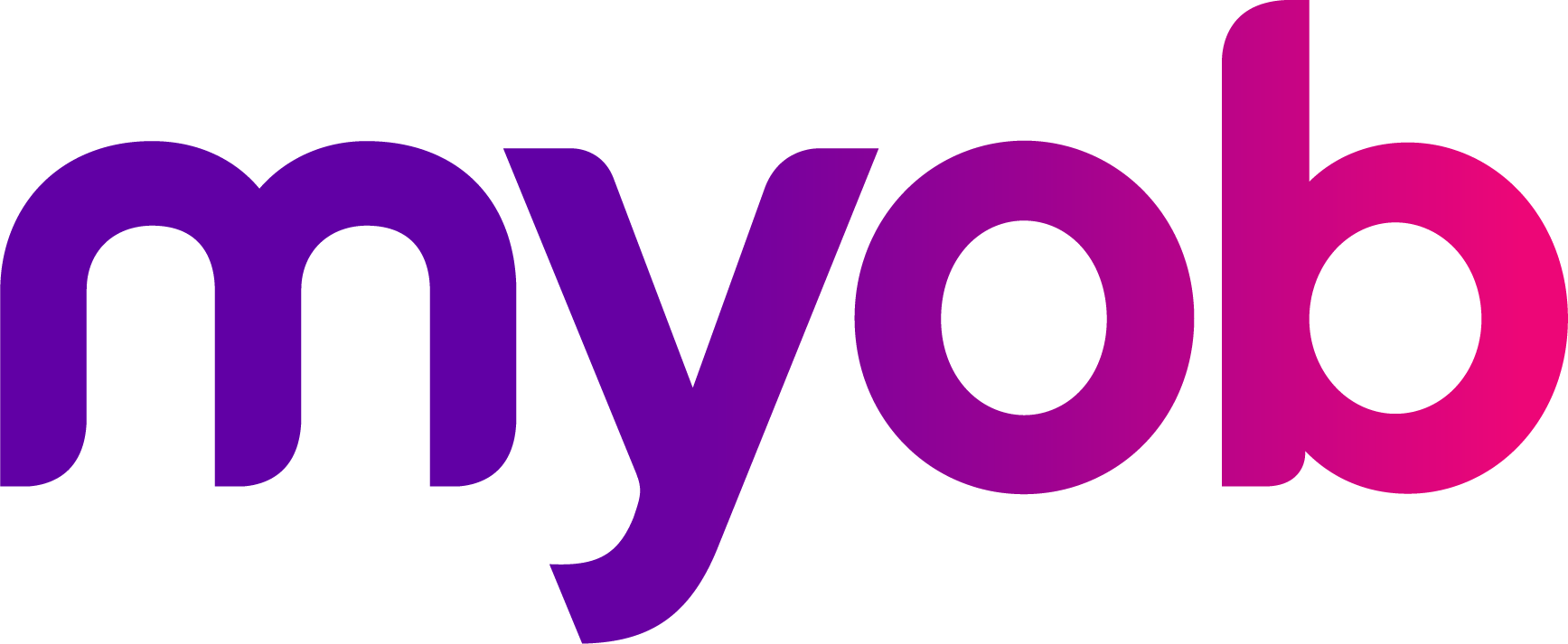One of the ways small businesses are able to keep on the right side of their tax obligations is, where possible, by avoiding the use of cash.
Krissy Sadler-Bridge, senior sales manager SME of accounting firm MYOB says businesses should, if they can, try to avoid using cash, as the receipts that prove spend can be easily misplaced. Instead she recommends opting for bank or credit card transactions where possible.
Her comments come as businesses are preparing for the end of the financial year (EOFY) crunch.
"It's important to keep records and books clean, so nothing goes astray and it makes for a less stressful EOFY," Sadler-Bridge says. "This is the information you'll use to prove your tax position should it ever be called into question."
She says if businesses have been using cash, taking photos of dockets as proof of expenditure is a great way to have a record of everything that can be easily organised: "After all, trying to find a specific docket is a lot easier with a scroll through the phone than rifling through a shoebox of receipts.
Sadler-Bridge says online accounting software has already revolutionised the way bookkeepers and business owners manage their accounts.
In fact, online business accounting systems like MYOB Essentials have removed the pain of EOFY for many Kiwi businesses entirely, she says.
"Make sure you're maximising the use of any tech tools at your disposal to improve your recordkeeping habits. This will go a long way to making the end of March feel like a walk in the park."
Sadler-Bridge says as well as avoiding the use of cash, there are simple tactics to help companies master EOFY and tech tools (like MYOB's Capture App) to action them.
It is important to keep up-to-date, organised and paperless. Like so much else in business life these days, the collection and maintenance of data is central to any accounting and bookkeeping activity, she says.
"When it comes to core business bookkeeping, you'll want to collate, process and file receipts, and other paperwork including bank/credit card statements, while also filing them chronologically, in a digital format wherever possible."
For those looking for a more automated solution to shoebox bookkeeping, the good news is the technology already exists to capture a physical receipt on a mobile phone and have it sent directly to a business's accounting software.
"For MYOB users, the Capture App does exactly this. It takes a photo of the receipts and sends them directly to MYOB. Transaction details are pre-filed with the original receipt attached – all of which comes with MYOB accounting software," she says.
"The big bonus is that if you set it up right, you can save a huge amount of time on lengthy data entry processes, leaving you to get on with managing your business."
Account reconciliation can be a breeze by using bank feeds, Sadler-Bridge says. "Taking stock at the end of the financial year occurs regardless of whether an inventory is carried or not. This means not only performing a physical stocktake of physical products sold, but taking stock of the business position -- and that means making sure your accounts are reconciled.
"Reconciliation is the process of making certain two sets of records are in agreement. By doing this, you can be sure the money leaving an account matches the actual money spent, while any errors or inconsistencies can be identified and investigated."
Sadler-Bridge says rather than manually reconciling bank accounts against the books, modern technology addresses reconciliation with live bank feeds. With these, accounting software can match all transactions on the go, while flagging any problems at the same time.
By the time it comes to submitting taxes, firms should be able to prove the balance of every account in the balance sheet so that all will be in order if an audit should take place.
"Having a clean state across all accounts is sure to make a business owner feel rejuvenated in the new financial year," she says. "But in order to achieve this, there is a need to be aware of who is owed money and how much well ahead of time.
"Luckily using MYOB makes it super easy to generate a report of all outstanding debtors and creditors.
"The ability to quickly get a view of creditors and debtors can be used to help motivate healthy business practices in the move towards EOFY," Sadler-Bridge says. "With this in hand, it is easy to begin to send gentle reminders on payment, or put in a plan for paying the suppliers to whom money is owed.
"Generating and monitoring debtors and creditors reports ahead of time is a surefire way to help make EOFY as easy as possible for the business, its bookkeeper and accountant."
Other processes accounting software helps with at tax time:
●Invoicing
●Provisional tax payment through AIM
●Tax management
●Recordkeeping
●GST
●Payroll and payday filing
Sadler-Bridge says many small business owners feel the need to learn how to 'do' every job within their business. But, when it comes to managing books and staying up to date with complex tax legislation, it's often best to use a bookkeeper or accountant.
To learn more about how MYOB online accounting can help your business, visit myob.com/nz and take a free 30-day trial.

